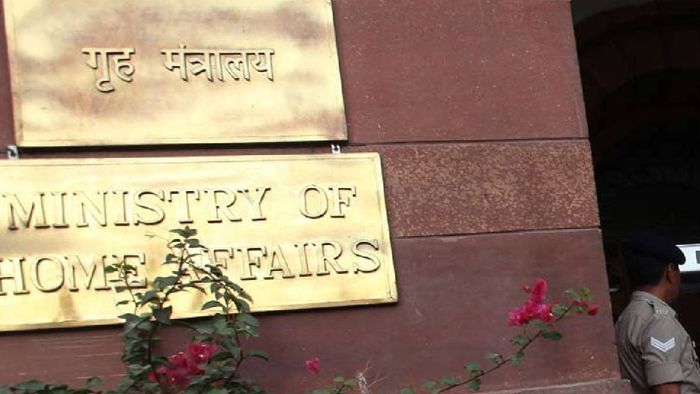MHA issues nationwide alert against surge in online booking frauds targeting pilgrims and tourists
In a significant development, the Ministry of Home Affairs (MHA), through its Indian Cyber Crime Coordination Centre (I4C), has issued a nationwide alert cautioning citizens about the alarming rise in online booking frauds aimed at religious pilgrims and tourists.

- Apr 19, 2025,
- Updated Apr 19, 2025, 1:10 PM IST
In a significant development, the Ministry of Home Affairs (MHA), through its Indian Cyber Crime Coordination Centre (I4C), has issued a nationwide alert cautioning citizens about the alarming rise in online booking frauds aimed at religious pilgrims and tourists.
The advisory, released on Saturday, warns that cybercriminals are exploiting fake websites, misleading social media pages, fraudulent WhatsApp accounts, and even paid advertisements on major platforms like Google and Facebook to dupe unsuspecting users. These scams are often sophisticated, closely imitating legitimate services, and result in individuals making payments for non-existent travel and accommodation offerings.
The I4C has specifically identified frauds involving counterfeit helicopter bookings for Kedarnath and the Char Dham Yatra, fake hotel and guest house reservations, sham taxi and cab services, and bogus religious travel packages.
“These platforms are intentionally crafted to resemble genuine travel service providers and mislead users into making advance payments,” the MHA stated. Victims often receive no booking confirmations and are left without any means to contact the supposed service providers once the transaction is complete.
To combat these growing threats, I4C is implementing a multi-pronged strategy. It is working closely with tech intermediaries such as Google, WhatsApp, and Facebook to identify and remove suspicious content. Simultaneously, it is coordinating with state and union territory police forces to monitor cybercrime hotspots and ensure joint enforcement operations.
Cyber patrolling activities are also being ramped up to swiftly identify and shut down fake websites and impersonating social media accounts. In a further step to empower citizens, the Centre has added a new feature on the National Cybercrime Reporting Portal (www.cybercrime.gov.in) enabling users to verify and report suspected fraudulent websites. Victims of cyber fraud can also seek assistance by dialing the cybercrime helpline number 1930.
Emphasizing the urgency of the alert, the Ministry noted that the move aims to safeguard religious pilgrims and tourists, particularly during peak travel seasons when such scams are at their height.